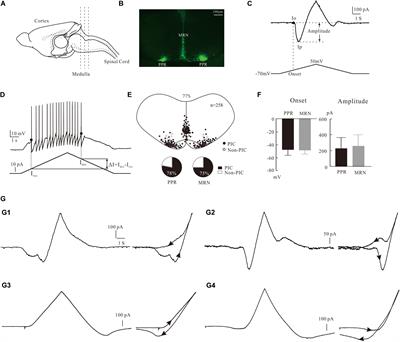ORIGINAL RESEARCH
Published on 09 Feb 2023
Effect of galvanic vestibular stimulation applied at the onset of stance on muscular activity and gait cycle duration in healthy individuals
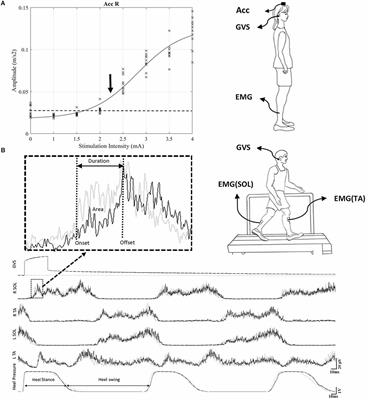
doi 10.3389/fncir.2022.1065647
- 4,779 views
- 4 citations
6,332
Total downloads
32k
Total views and downloads
ORIGINAL RESEARCH
Published on 09 Feb 2023

ORIGINAL RESEARCH
Published on 21 Dec 2022
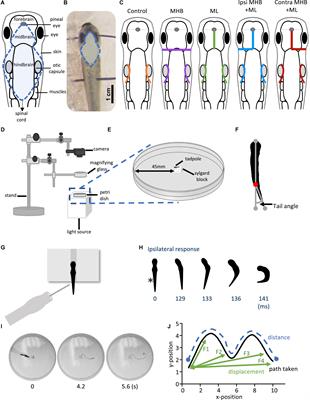
ORIGINAL RESEARCH
Published on 20 May 2022
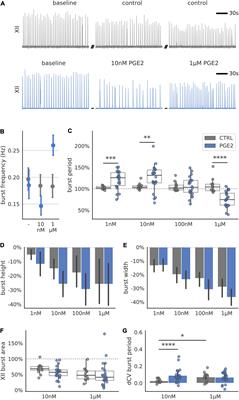
BRIEF RESEARCH REPORT
Published on 27 Jan 2022

ORIGINAL RESEARCH
Published on 09 Apr 2021
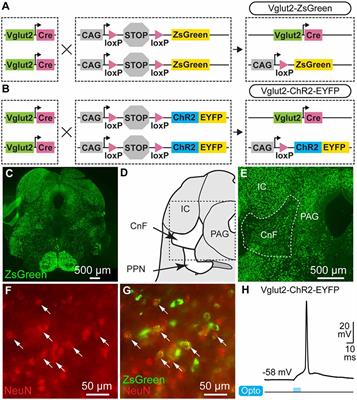
ORIGINAL RESEARCH
Published on 06 Apr 2021
